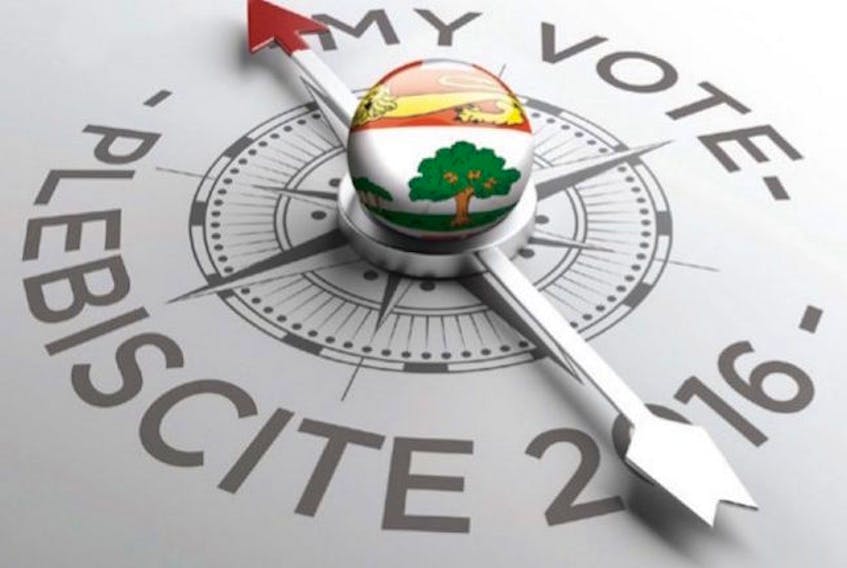BY RON KELLY
GUEST OPINION
When is half not half? When it’s half-asked – like the MacLauchlan government’s Electoral System Referendum Act (ESRA). It goes only halfway in asking voters about the province’s electoral system.
RELATED: P.E.I. government tables electoral reform referendum legislation
This all follows on the heels of the 2016 electoral reform plebiscite. As many Islanders recall, Mixed Member Proportional (MMP) was the top choice in that vote. But what has perhaps been ignored is that the current First-Past-the-Post (FPTP) system came in second. The final vote was 19,418 for MMP and 15,869 for FPTP. MMP had 10 per cent more support than FPTP (55.03 per cent to 44.97 per cent).
Of course, Premier MacLauchlan quickly declared participation wasn’t high enough to adopt MMP. Strangely, though, he never explained why participation was high enough to maintain FPTP, the second-rated choice.
Similarly, when the wording of the referendum planned in conjunction with the next P.E.I. election was revealed, FPTP was nowhere to be seen. Instead, voters will be forced to focus exclusively on MMP in a “no or yes” choice. (If “no or yes” sounds strange, that’s because it is.)
Tilting things even further against MMP, calculation of the referendum results will not be by simple majority. The threshold for MMP to succeed has been inflated. MMP must receive support from 50 per cent plus 1 of those who participate in the provincial election – not 50 per cent plus 1 of those who vote in the referendum.
One interesting side note is that the government has not identified a turnout level high enough to legitimize the results – even though this was supposedly the reason the government ignored the 2016 plebiscite results. Perhaps this is because it’s done the research and realized that most electoral scholars consider turnout thresholds to be anti-democratic.
But let’s assume that turnout in the next provincial election reaches the traditional 80 per cent level. That’s about 82,000 voters. So how many will also participate in the referendum?
In 2016, 36.5 per cent of eligible voters participated in the plebiscite despite the ability to vote online, extended voting hours, etc. If we assume that rate doubles to 73 per cent because the referendum will be held at the same time as the election, that’s about 74,500 voters participating in the referendum.
If 74,500 voters participate in the referendum, will MMP have to obtain the support of 37,251 of them (50 per cent plus 1) to succeed? No! MMP will have to obtain the support of 41,001 voters – 50 per cent plus one of the 82,000 voters who show up at the polls. That´s 55 per cent of the voters who participate in the referendum.
Meanwhile, how much support will FPTP need to remain as the province´s electoral system? Technically, it will not have to obtain any support – because it won’t be on the referendum ballot.
In reality, though, FPTP will remain as P.E.I.’s electoral system if, in the scenario above, only 33,500 participants in the referendum vote “No”. That’s about 45 per cent support.
So, instead of asking Islanders to choose between MMP and FPTP in a run-off of the top two choices from the 2016 plebiscite, the MacLauchlan government has “loaded the dice” by including only one of the two choices and basing the calculation for success on the numbers participating in the election rather than on the numbers participating in the referendum.
Electoral System Referendum Act will truly be a half-asked piece of legislation.
- Ron Kelly is a member of the Coalition for Proportional Representation (a group planning to disband Thursday as a response to ‘repressive rules’ under ESRA) who served as chair of the Communications Committee for the Yes side in the 2005 plebiscite on electoral reform









